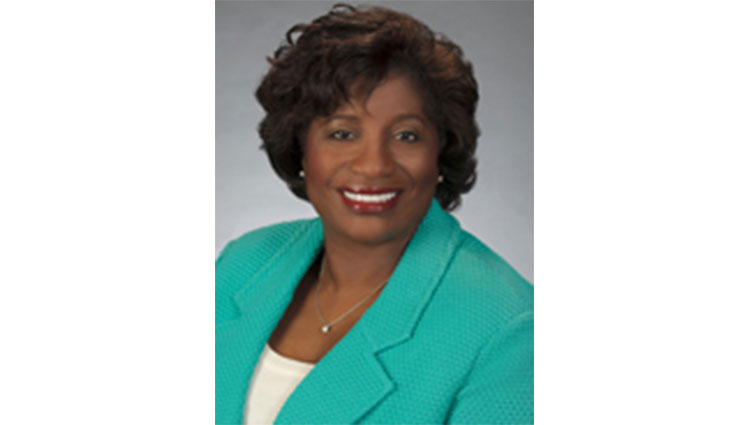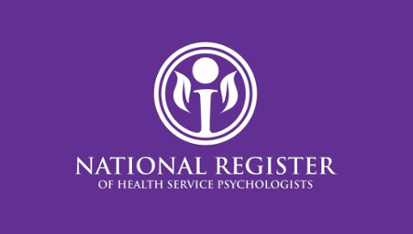
It is truly an honor to be able to serve as the 2021 President of the American Psychological Association. It is an exciting, humbling, and sometimes overwhelming experience. We are in the midst of challenging times, some of the most difficult times for our country. Although it is not the year I expected, I am confident that we, as psychologists, have within us the ability to make a positive change in society. I am proud of the way members, and non-members, have united to address the challenges and make a difference. Through our training, clinical expertise, psychological science, advocacy, and dedication, we are making a positive impact. We have successfully advocated for psychologists to be compensated for providing telehealth services to our patients, have identified and are addressing barriers to vaccine confidence, provided much needed resources to our patients and the public on managing challenges and stressors associated with the pandemic, and addressing climate change.
My presidential initiative draws attention to health disparities; specifically, to address psychology’s role in achieving health equity. As a clinical health psychologist, health equity has been central to my professional and lived experience. Health disparities in our society are alarming: while only 5.9% of non-Hispanic Whites are uninsured, that number rises to 16.1% for Latinos, 14.9% for Native Americans, and 10.6% for African Americans. Native Americans continue to die at higher rates than other Americans in many categories, and the suicide rate in their community far outpaces that of other groups.
Health disparities have become even more at the forefront with the COVID-19 pandemic. Indigenous peoples and Black Americans are dying from COVID-19 at significantly higher rates than Whites. We are seeing the high mental health toll this disease is taking on victims and their families.
I have appointed a Presidential Task Force on Psychology and Health Equity, to focus on psychology’s role in achieving health equity. Thirteen members, with expertise in selected relevant areas, such as health disparities in different BIPOC populations, effects of built and social environment on health, psychological research on racism, public policy, and advocacy, have been appointed to the Task Force. The charge of the task force will be to review the relevant research, community-based initiatives, and policy work, and produce a comprehensive report articulating a vision for the role of psychology in advancing health equity. Recommendations to promote innovative approaches for psychological science, education and training, psychological practice, public policy, and legislative advocacy will be provided. This will include recommendations for the corresponding APA organizational units. If the Task Force’s review indicates a need for a formal APA policy on psychology and health equity, the Task Force’s charge will also include developing a policy for consideration and approval by the APA Council of Representatives.
As a part of the process of developing its recommendations, the Task Force will be responsible for conceptualizing an APA (Virtual) Summit on Heath Equity to be held during the second quarter of 2021, including meeting design, speakers, topics, key questions for discussion, and expected outputs.
It is expected that the Task Force will complete its work by the end of this year.
In order to be successful in meeting the needs of our society and advancing our profession, it will be important for psychologists inside and outside of APA to be engaged. It is my goal to continue to collaborate with colleagues in other psychological organizations as we address the mental health needs of members of our society.
Jennifer F. Kelly, PhD, ABPP
APA President







